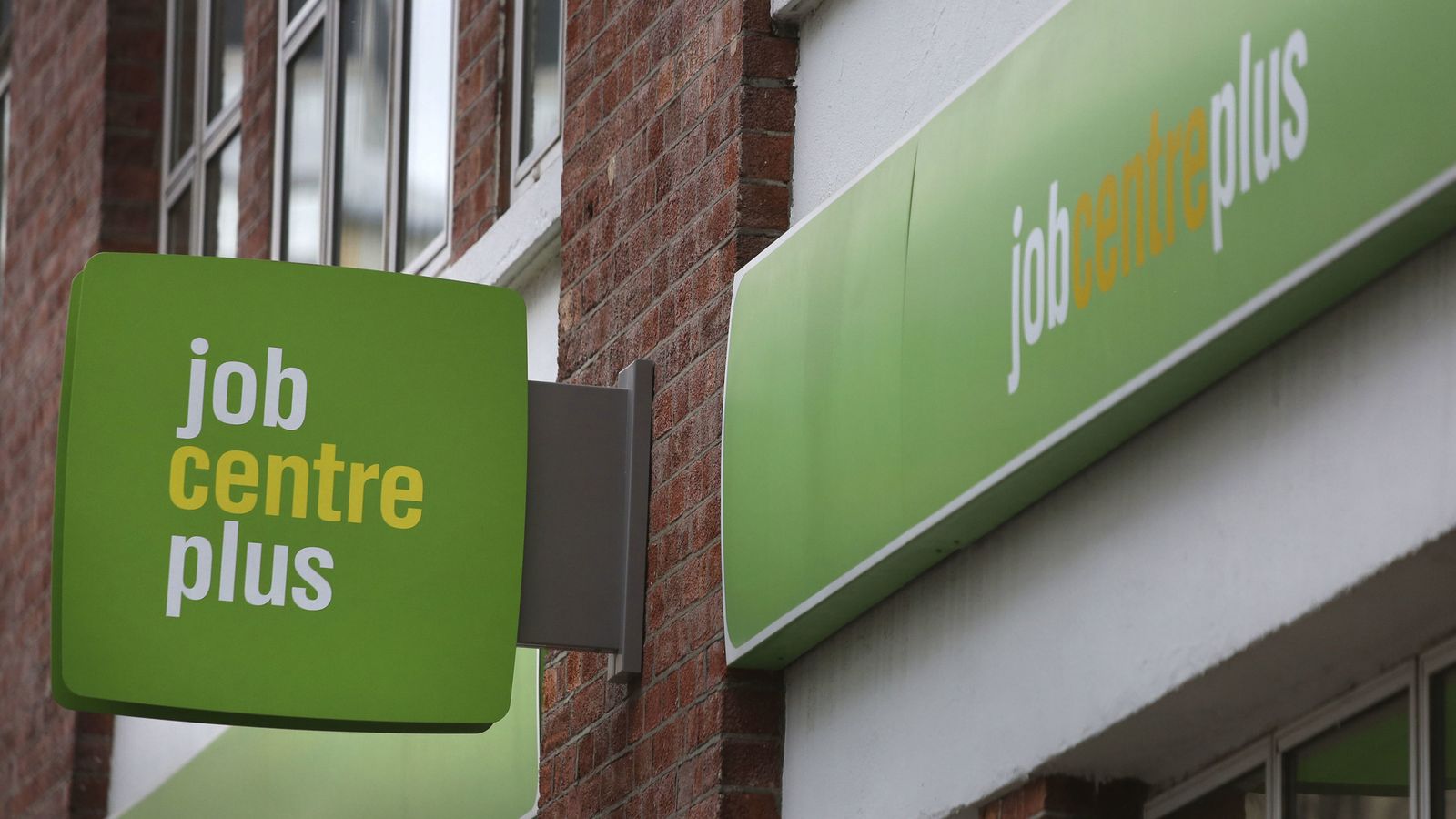Government considering subsidised jobs to get young people into work – as shocking figure reveals scale of crisis

- by Admin
- November 19, 2024

The government is exploring the option of a subsided jobs programme to help get young people into work, Sky News understands.
The idea is being looked at amid growing concern over the record levels of youths who are not in employment, education, or training (NEET), according to people familiar with the discussions.
Clarkson issues bleak message as he joins tax protest – politics live
Data from the Office for National Statistics (ONS) shows some 789,000 people aged 16 to 24 who are not studying full-time are neither working nor looking for a job – the highest total on record.
There are also 422,000 unemployed people who are looking for work in this age group – almost double the number two years ago and bringing the total number of out-of-work youths to 1.2 million.
The issue is mainly being driven by rising mental health struggles and a lack of skills training and apprenticeships, experts told Sky News, coming at huge cost to the economy.
According to an analysis by PricewaterhouseCoopers, GDP would be boosted by £23bn a year if the NEET rate across the country was reduced to match the regional best, the South West. There, around 1 in 13 young people are not in education, employment or training – compared to one in six in the north east and Scotland.
Wage subsidy programmes have been used in previous times of crisis to drive up the numbers of young people entering the workplace.
The Kickstart Scheme introduced by the Tories during the COVID pandemic paid for six-month job placements for 16 to 24-year-olds on Universal Credit, and was based largely on the previous Labour government’s Future Jobs Fund launched after the 2008 financial crash.
‘Subsidy programme should be targeted’
Experts were welcoming of the idea but said if introduced again it should be targeted, as the policy will be expensive and disadvantaged groups benefit from it the most.
A recent impact assessment of Kickstart found the programme was most effective at helping people with no GCSEs stay in the workforce after it ended, alongside those with special education needs and people eligible for free school meals.
“The results show that Kickstart tended to have a higher impact for more disadvantaged groups (who have poorer outcomes in the absence of Kickstart),” the document said.
“This finding could have implications for future targeting of policies like Kickstart.”
It is understood a jobs subsidy is just one idea being mooted to get more young people working, with no final decision made.
A spokesperson for the Department of Work and Pensions said: “We do not comment on speculation.”
‘Investment into skills needed’
One Labour MP told Sky News any such plan should go alongside greater investment into skills and apprenticeships, the current lack of which is driving the problem in blue-collar areas like theirs.
“The big challenge is the low-skilled economy,” the MP said.
“I hate it when people say young people are lazy. The system doesn’t work for them. We need to expand investment in training and reform the apprenticeship levy.”
Read More:
Labour courts bosses to declare support for new skills levy
Stephen Evans, chief executive of the Learning and Work Institute, echoed those thoughts, saying a subsidised jobs programme is a good “backstop solution” but there’s a “whole bunch of things that could be done before then”.
He is calling for metro mayors to be involved in the delivery of the “Youth Guarantee” pledged in Labour’s manifesto.
This promises access to training, an apprenticeship, or support to find work for all young people aged 18-21, but it is not yet clear how it will work in practice.
“We want the mayors to go and find those people,” said Mr Evans. “Joining up services locally to get the NEET numbers down is really important.”
The rise of youth worklessness is mirroring a trend across the wider population of rising economic inactivity since the pandemic.
A white paper promising to “get Britain working” is due to be published in the next few weeks and will include “major reforms” to achieve an employment rate of 80%, a government source said.
The Latest News
-
December 22, 2024Elon Musk’s British cousin reveals how brutally world’s richest man snubbed him: ‘I’m shocked that…’
-
December 22, 2024UK Weather: Wind messes up UK travel plans
-
December 22, 2024Life in one of Britain’s most miserable towns: Locals in Barking blast council ‘shambles’ and say shopping centre is so empty it is like living in a ‘ghost town’
-
December 22, 2024Christmas travel chaos continues with 100 Heathrow flights cancelled amid severe 80mph wind weather warnings
-
December 22, 2024Winds blow UK Christmas travel off course, with ferries and flights cancelled






